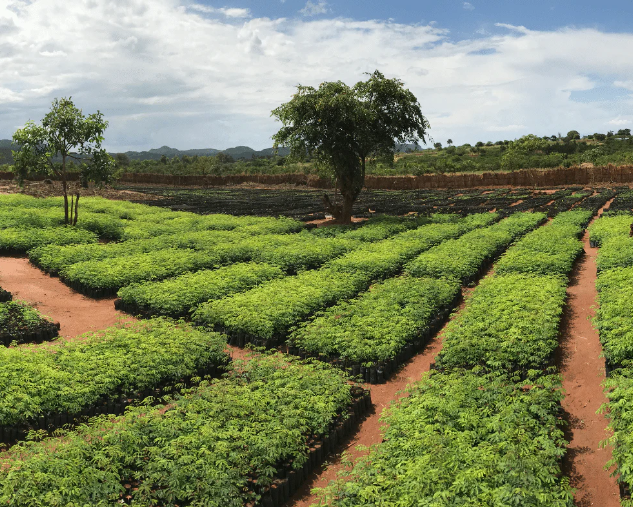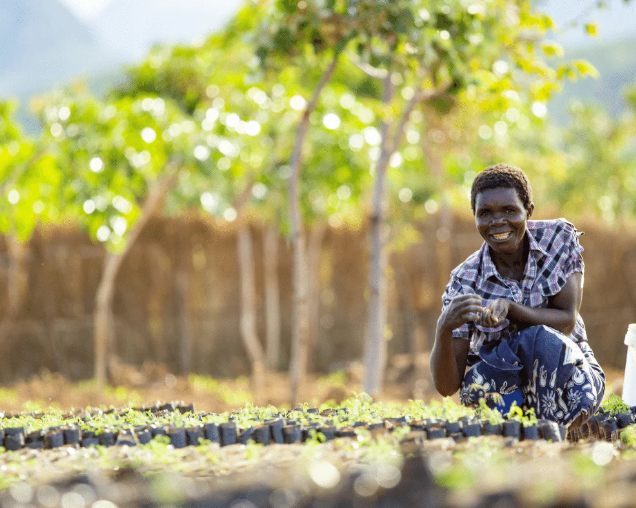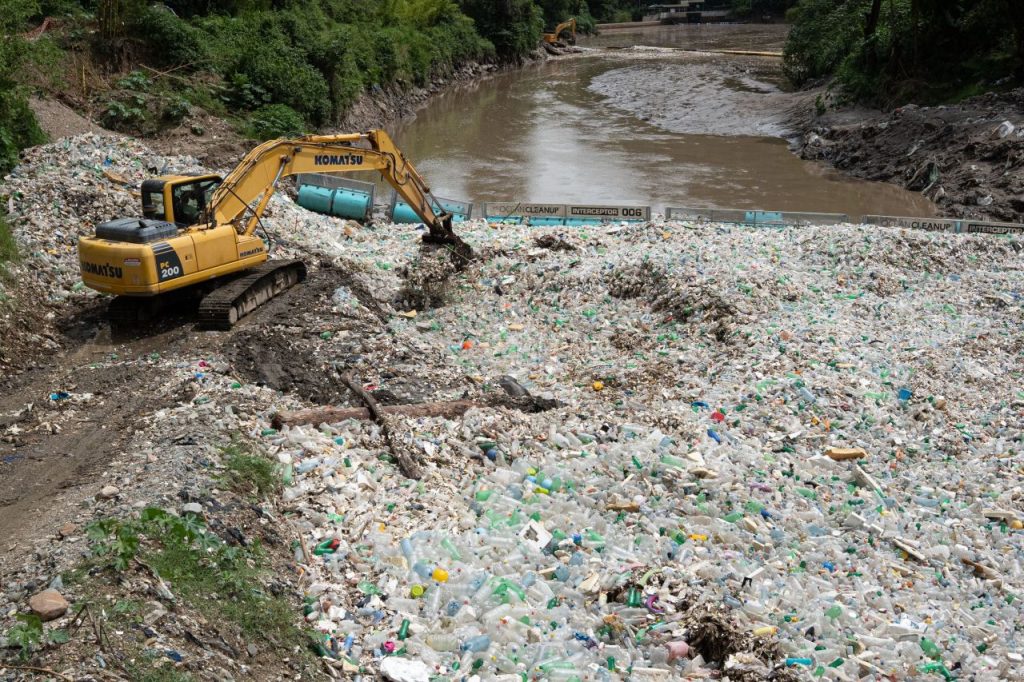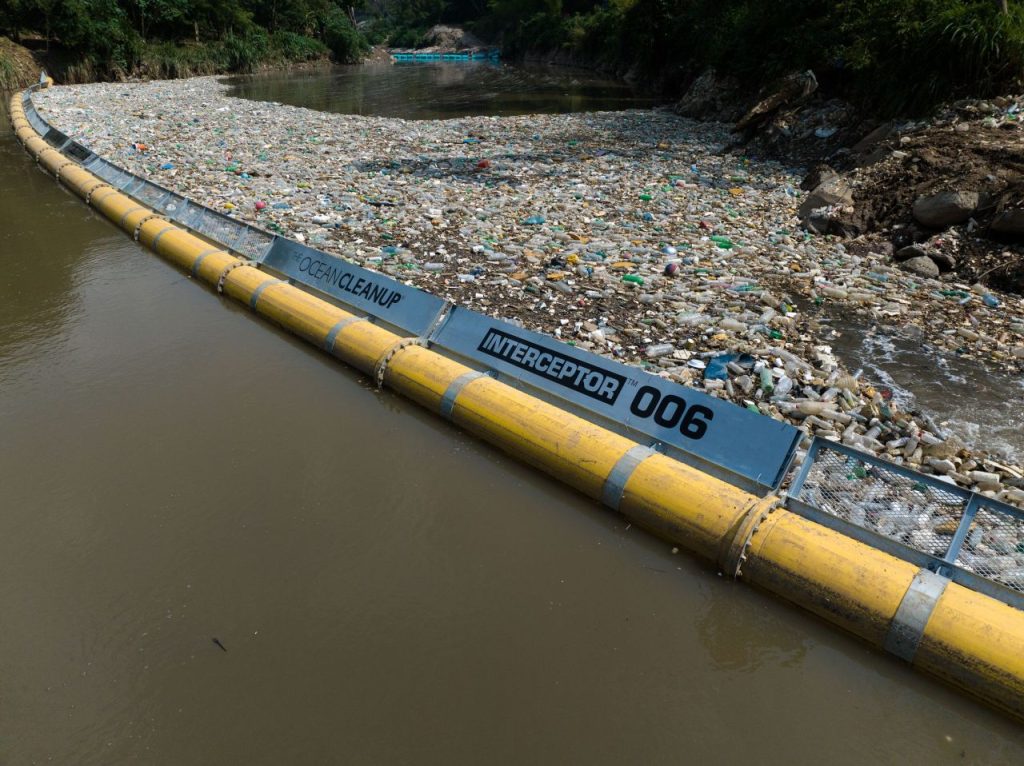Malawi won the July Vote! Meaning we were able to plant 93 trees to contribute towards the reforestation in Malawi, helping to restore native forests, as well as helping communities by installing water wells, pumps, and fruit trees.
Many local communities in Malawi rely on wood for fuel, which forced local people to walk long distances. This has led to forest degradation in nearby areas, which has had an impact on wildlife. Your donations will help to provide watersheds and climate stability. We will also be providing education to the local communities about how they build efficient clay brick stoves to save firewood, while also improving their lives, as they won’t be forced to walk such long distances as frequently.


So, how will planting trees in Malawi benefit local communities?
Community Ownership and Involvement: When local communities are directly involved in tree planting initiatives, they develop a sense of ownership and responsibility towards the trees. They are more likely to protect and nurture the trees as they understand the benefits they provide, both environmentally and economically.
Alternative Fuelwood Sources: In many rural areas of Malawi, fuelwood is a primary source of energy for cooking and heating. By planting trees that can serve as alternative fuelwood sources, the pressure on existing forests for fuelwood collection can be reduced. Species like fast-growing and sustainable tree varieties can be chosen to meet the communities’ energy needs.
Sustainable Harvesting: Planting trees that provide valuable products, such as fruits, nuts, or timber, can incentivize communities to engage in sustainable harvesting practices. When communities benefit from the trees’ products, they are more likely to protect the trees and ensure their long-term survival.
Agroforestry Practices: Promoting agroforestry practices, which involve integrating trees into agricultural landscapes, can enhance soil fertility and crop productivity. Trees can act as windbreaks, prevent soil erosion, and contribute to a more resilient and sustainable farming system. This reduces the need for further expansion of agricultural land into forests.
Watershed Protection: Trees play a vital role in maintaining healthy watersheds. By planting trees along riverbanks and other water bodies, communities can help protect water sources, reduce sedimentation, and improve water quality, which are essential for both human consumption and agriculture.
Education and Awareness: Local tree planting initiatives often come with educational components, raising awareness about the importance of forests and the consequences of deforestation. Through education, communities can make more informed decisions about their natural resources and take proactive steps to protect them.
Government Support: Government support in the form of policies, incentives, and technical assistance can significantly boost community-led tree planting efforts. Providing resources and training to communities can enhance the success and sustainability of such initiatives.
Overall, planting trees local to nearby villages empowers communities to become stewards of their environment, contributing to the preservation of forests and biodiversity while also improving their own livelihoods.
The Ocean Clean-up Project
The Ocean Cleanup Project is dedicated to tackling the global problem of ocean plastic pollution through innovative and large-scale solutions. Founded by Boyan Slat, its mission is to develop advanced technologies to remove plastic debris from the world’s oceans. The project aims to deploy a fleet of autonomous, passive cleanup systems that leverage ocean currents to collect and concentrate plastic waste efficiently.
This month, to contribute to their missions, we have donated £80 to the Ocean Cleanup Project, to help them continue this fantastic mission of restoring our oceans by removing plastic pollutants.
What they accomplished this month:
July 11th – Removed over one thousand truckloads of rubbed from the Rio Las Vacas
July 12th – Interceptor 002 caught rubbish that carried along the Klang River In Malaysia
July 26th – Interceptor Barrier and Interceptor Tender collected rubbish at Tivoli Gully in Jamaica



